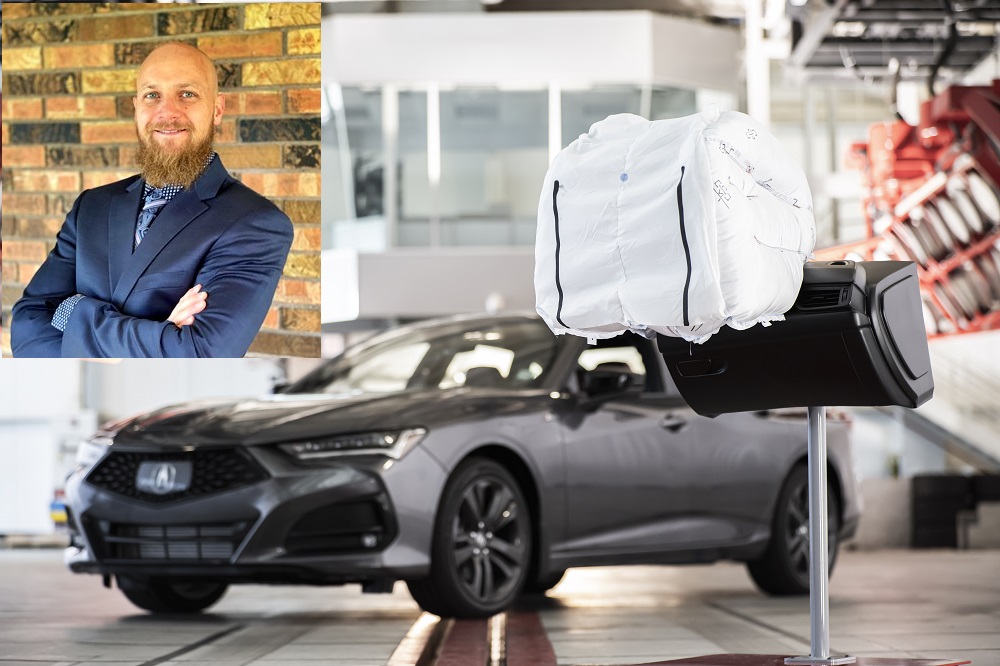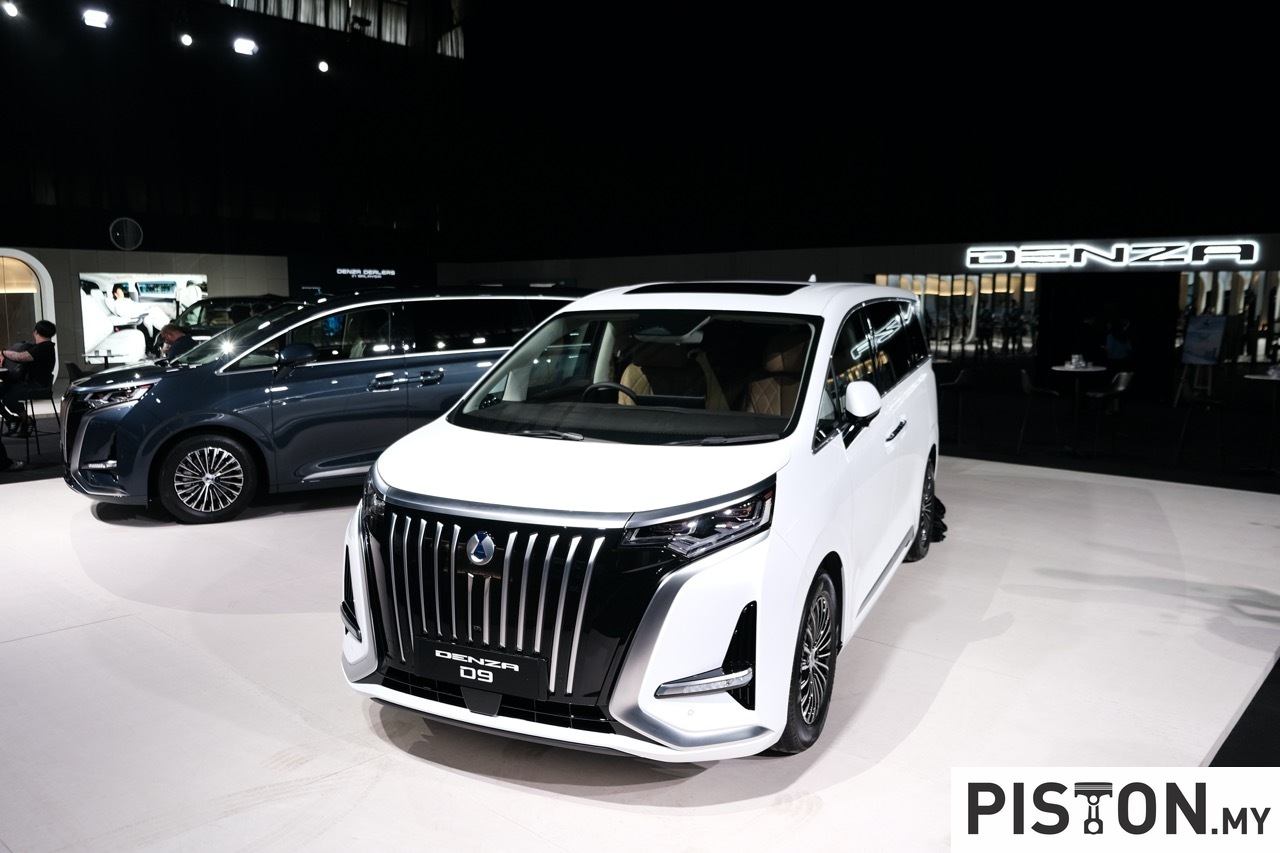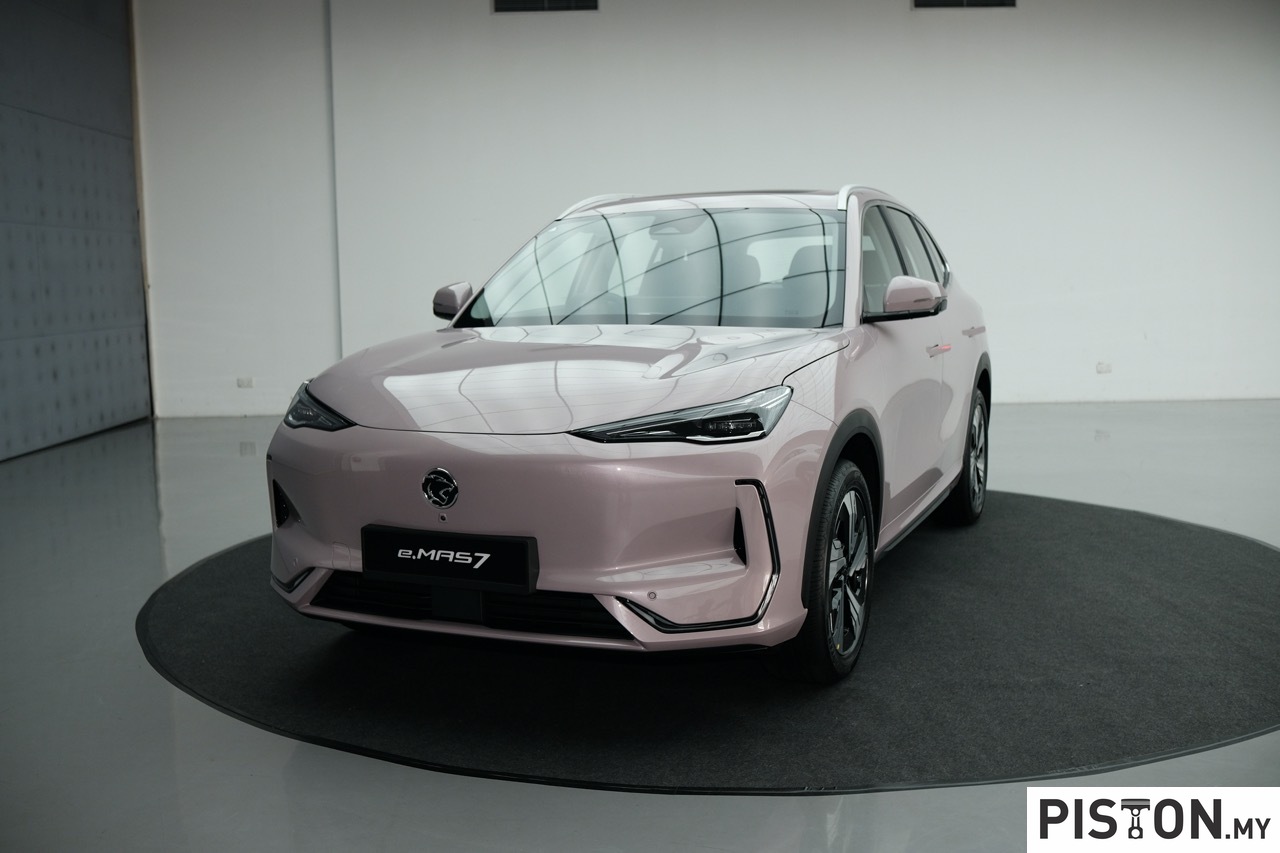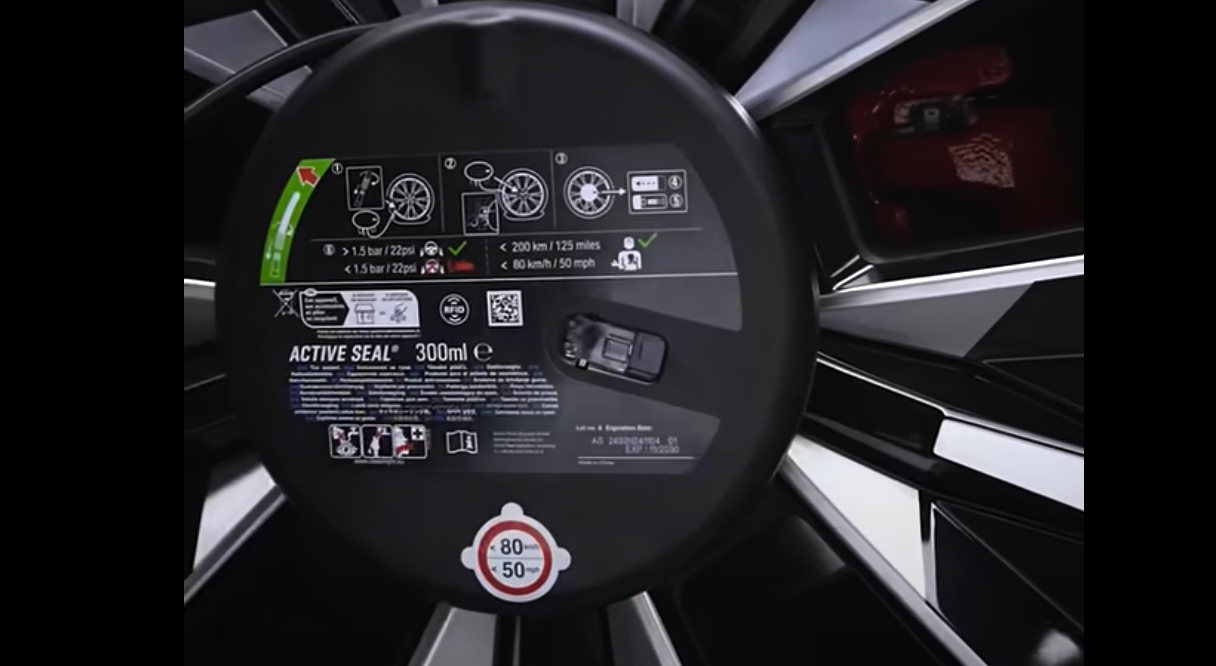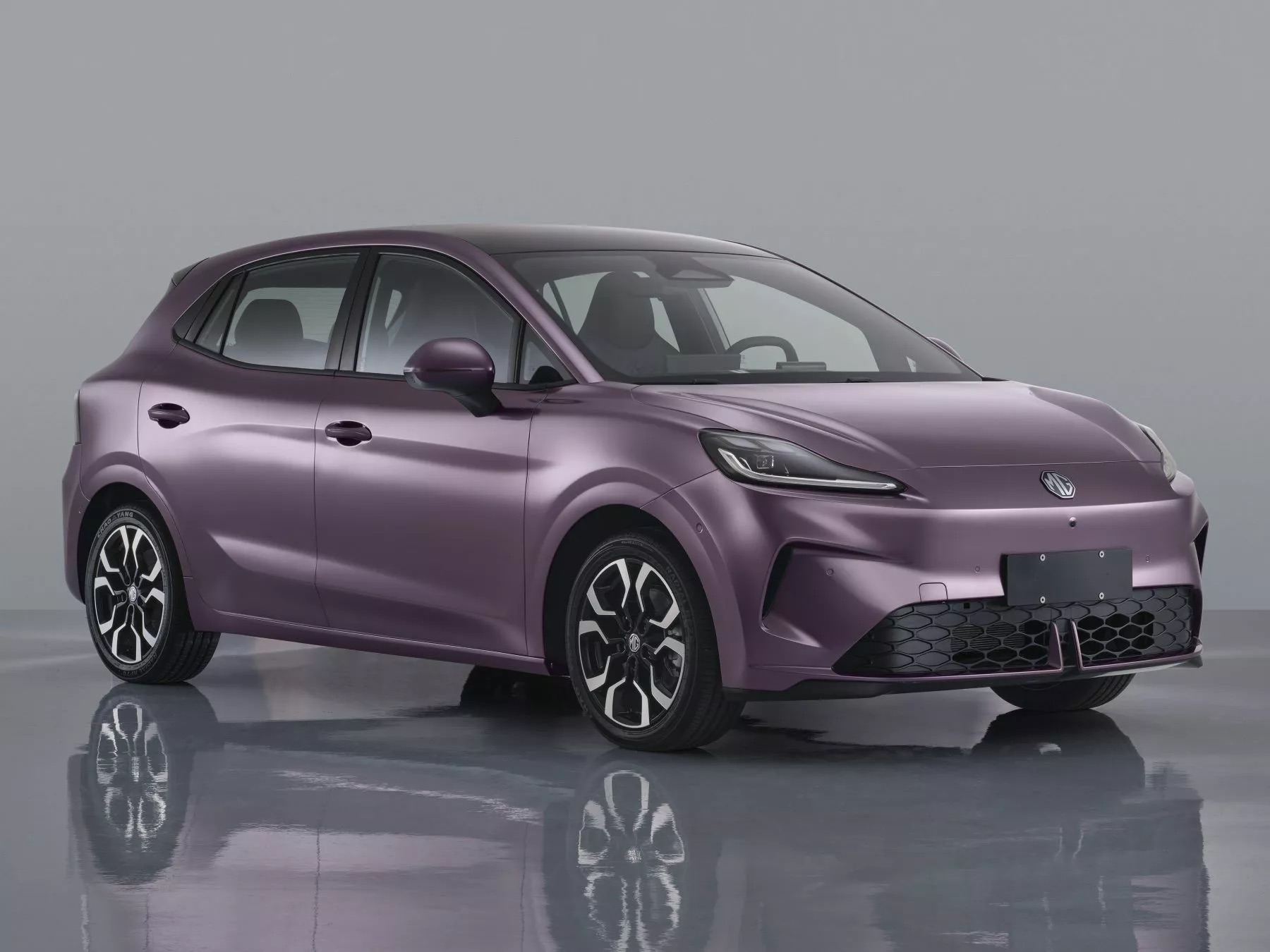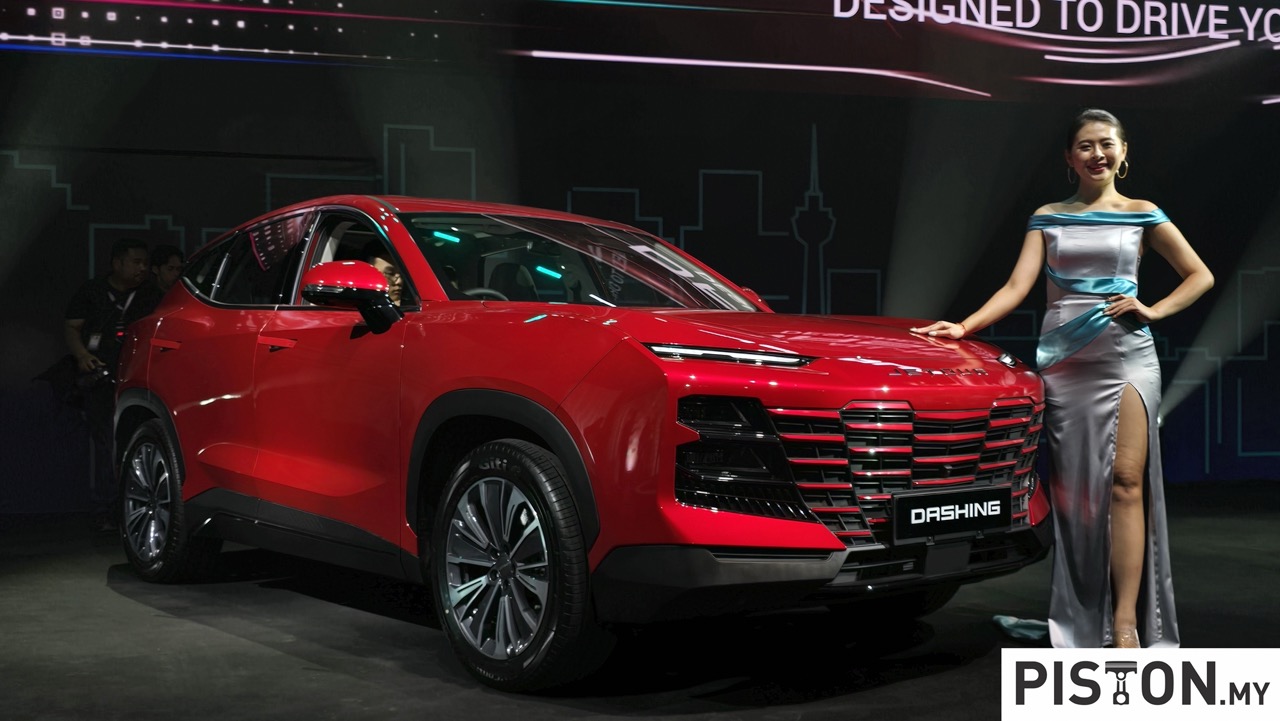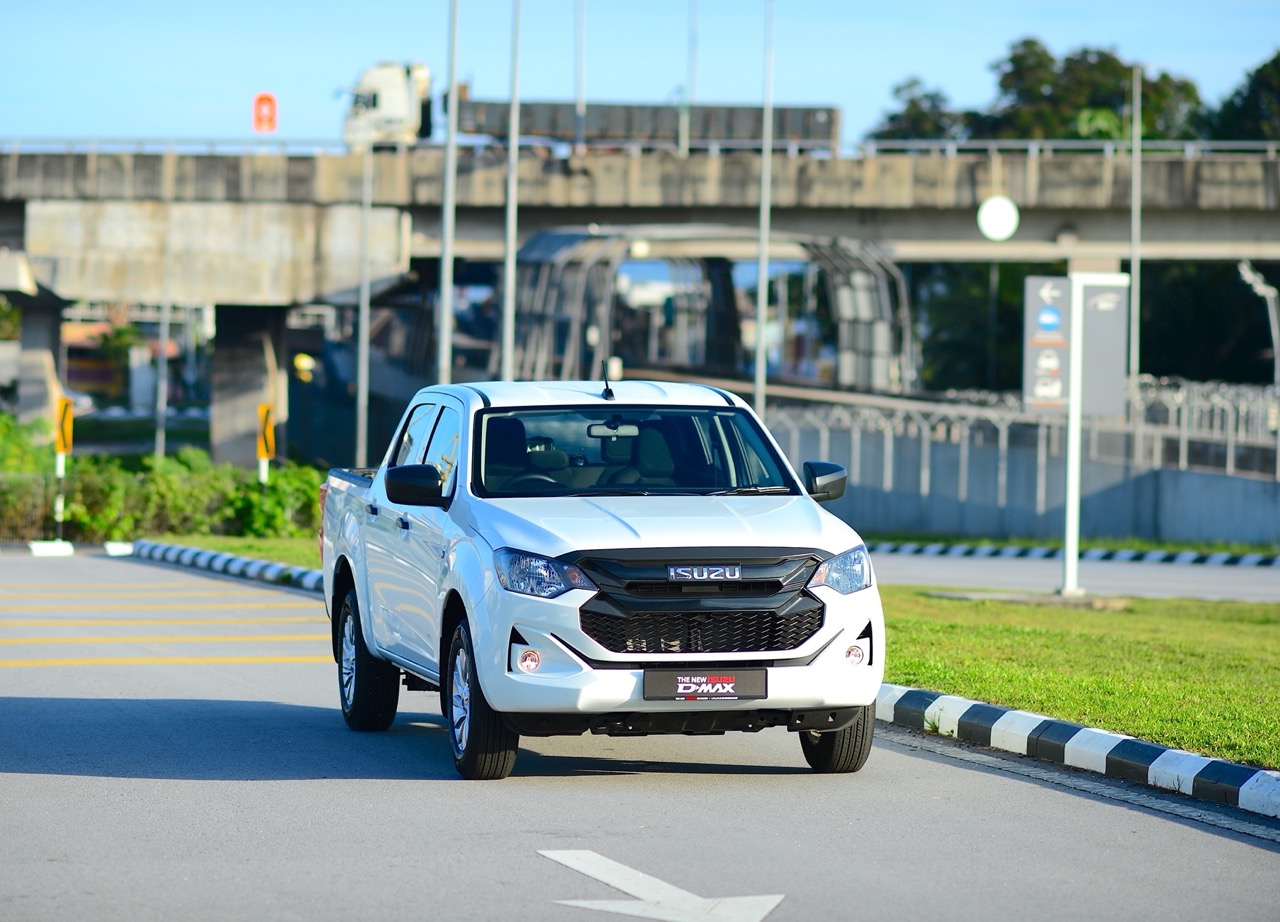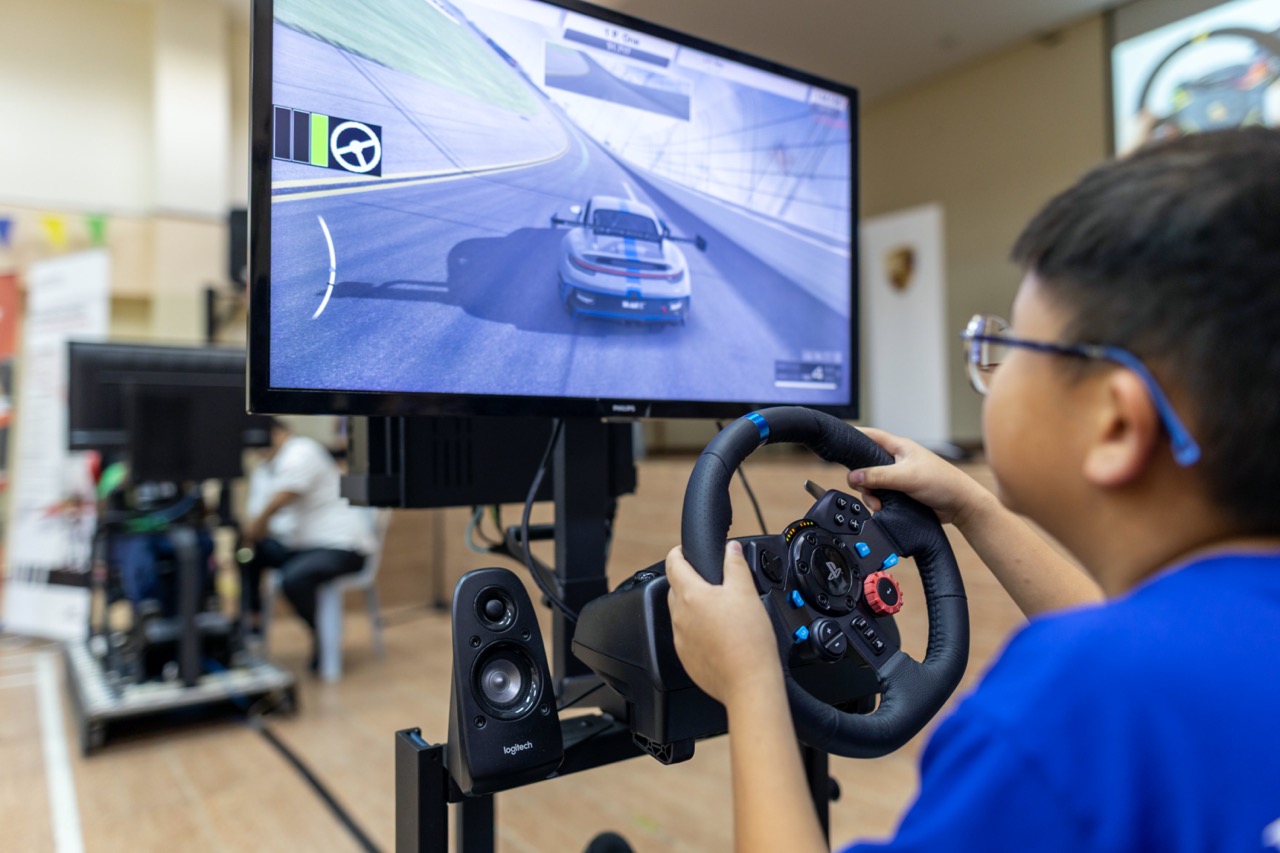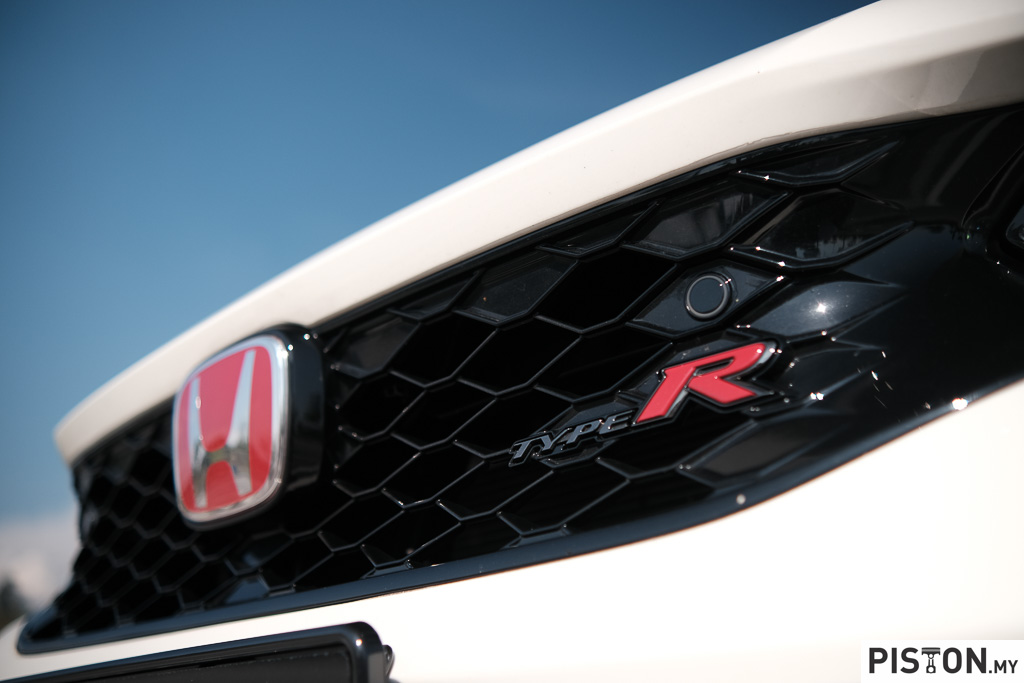Along with seatbelts, the airbag has also saved countless lives around the world. The Supplementary Restraint Systems (SRS) – so-called because they should be used with seatbelts – have been around since the 1970s and are installed in virtually all modern cars.
Airbag systems initially began as just a bag inflating to provide a cushioning effect and prevent the head of the driver or front passenger from hitting the steering wheel or windscreen, reducing the risk of serious head injuries. But researchers have constantly tried to make airbags more effective in various ways and to provide cushioning and protection in a greater number of conditions.
Honda R&D has been hard at work for decades to make airbags better and developed a ground-breaking front passenger airbag design some years back. The airbag technology is designed to better manage lateral collision forces that can cause an occupant’s head to rotate severely at high velocity and slide off a conventional airbag, increasing the chance of serious injury.
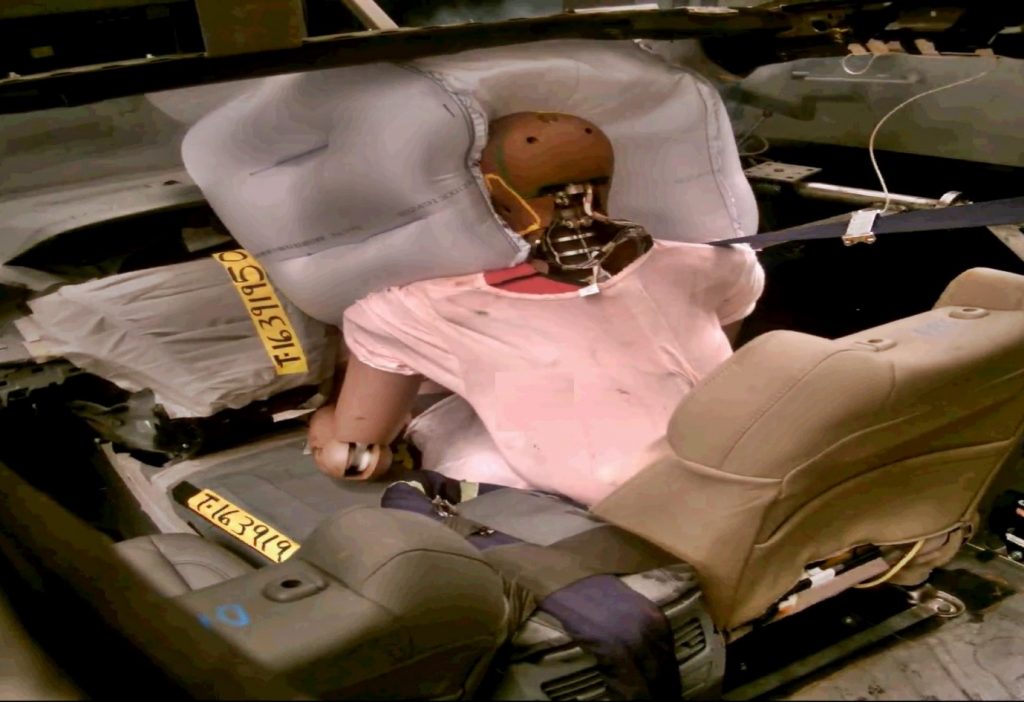
Rather than the single inflatable chamber of conventional front passenger airbag systems, the new airbag operates something like a baseball catcher’s mitt, with an uninflated panel first catching and decelerating the occupant’s head with less force, while also directing it inward between two inflated chambers to cradle and protect the head.
Specifically, the passenger front airbag uses 4 major components: 3 inflated compartments consisting of a centre chamber and 2 outward-projecting side chambers that create a wide base across the dash and the uninflated ‘sail panel’ that stretches between the 2 side chambers.
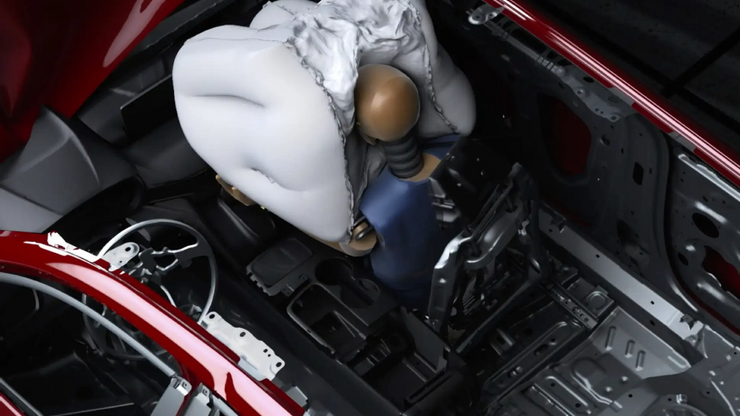
Development and testing of the airbag system, was led by engineers at Honda R&D Americas, Inc. in the USA in partnership with Autoliv, one of the company’s safety systems suppliers. Once performance and safety aspects were validated, the airbag system was first installed in the Acura TLX and is now also available in the MSX as well as the Honda Pilot and latest Civic (in the USA).
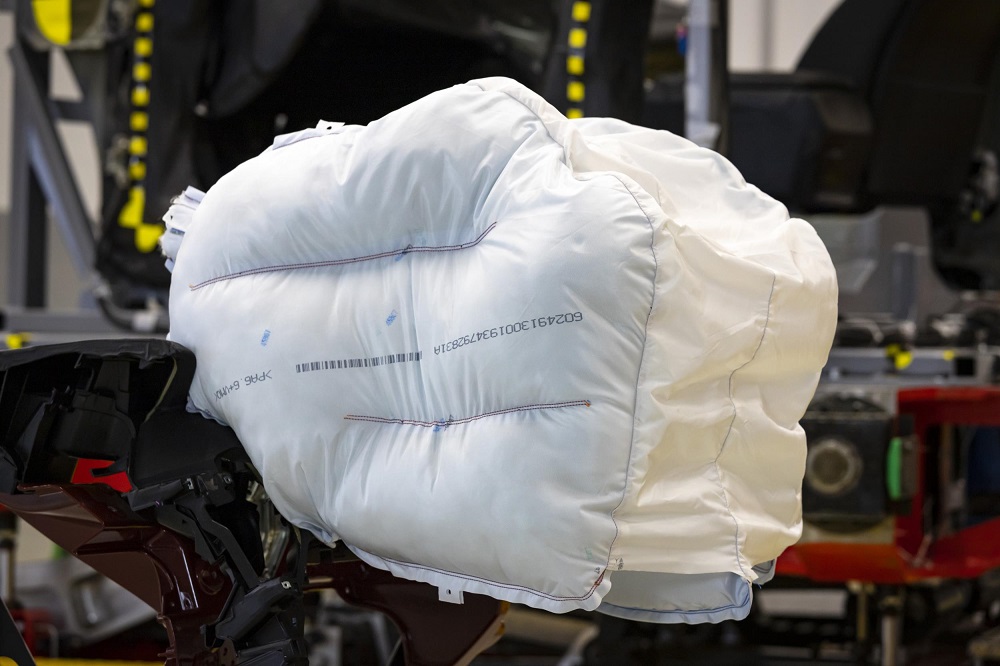
At the 2023 Enhanced Safety of Vehicles (ESV) conference in Yokohama, Japan, Eric Heitkamp, who led the development team, received the highest honour bestowed by the US Department of Transportation for his work. While developing system technology, Heitkamp had utilized new research measuring brain injuries in vehicle collisions, including a landmark study of brain injuries.
This is the second consecutive excellence award won by a US-based Honda engineer, with Sue Bai recognized at the 2019 ESV conference (the last time these awards were presented) for industry-leading efforts in connected vehicle technology.





